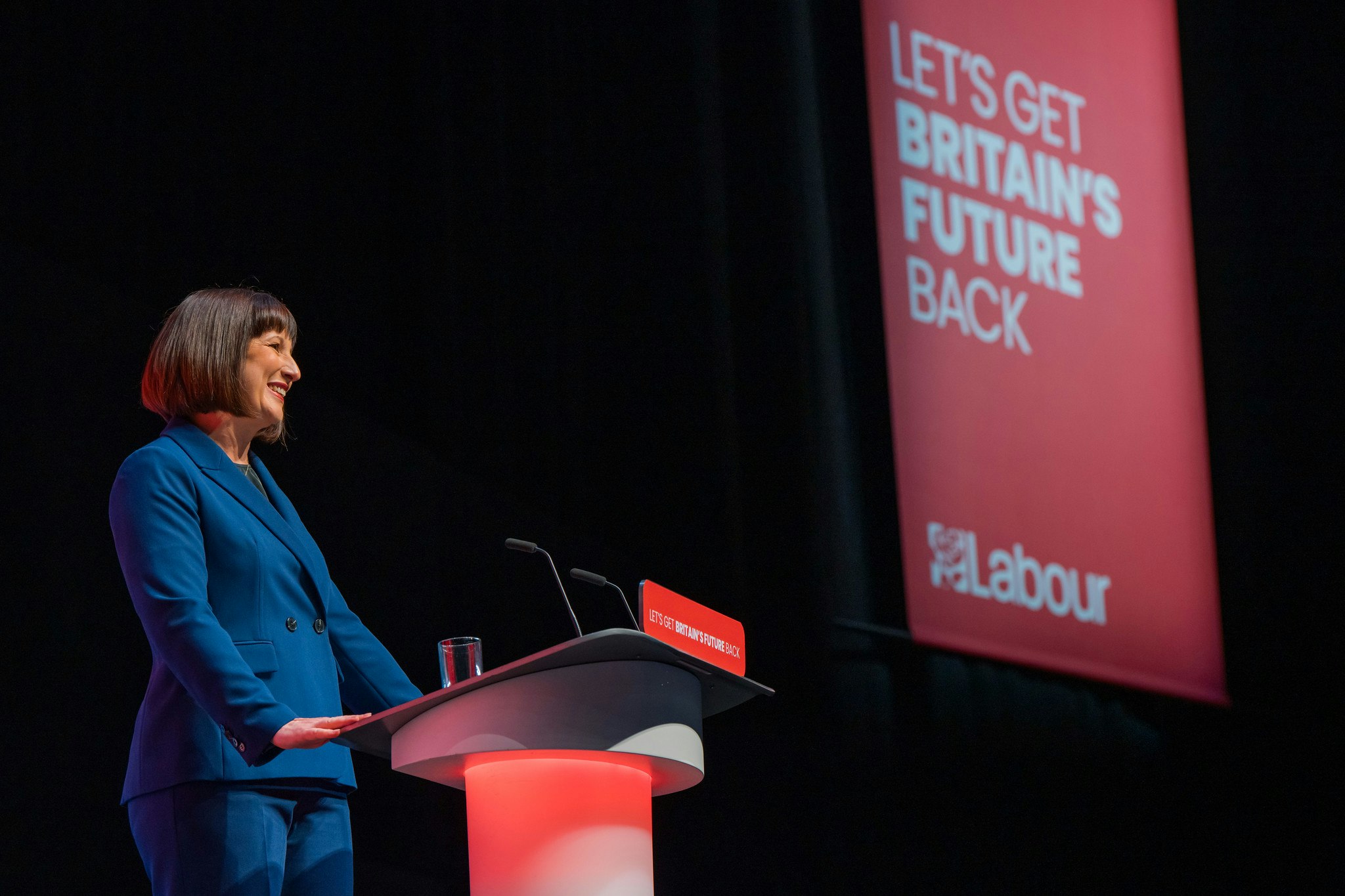The war for tech talent is on in Europe. Numerous governments have tried to do their part by rolling out generous tech visa schemes. But the case of France’s tech visa — one of the most accessible in Europe — shows immigrant friendliness isn’t necessarily a silver bullet.
The French Ministry for the Economy and Finance tells Sifted that more than 1,150 companies have used the fast-track French Tech visa for employees since its launch in 2017. That's only a fraction of the nearly 21,500 startups and scaleups that currently exist in France, according to the La French Tech database.
The French Tech visa can also be issued to founders and investors in the startup ecosystem. However, according to the government, only 400 visas for founders and a few dozen for investors have been issued so far.
Unemployment across the European Union is low, at 6.7% in September. But more and more jobs are being created. Just in the first quarter of the year there were 900,000 ads for tech-related vacancies, according to CompTIA, a 9% increase on the previous quarter. And with more well-funded companies competing for the same talent pool, salaries have jumped. It’s no surprise that startups and government are looking beyond the EU.
The French Tech visa was launched as part of newly elected president Emmanuel Macron’s efforts to turn France into a hub for startups and make it more welcoming for talent from abroad.
It allows those eligible to stay in the country for four years on a renewable basis. This year, the programme was expanded further to include support services for applicants, including relocation and setting up a bank account. It also offers a simplified procedure for applicants' families to move.
It is among approximately 20 startup visa programmes that exist in Europe, according to NanoGlobals. But many of the others, such as the ones in Denmark, the Netherlands and Portugal, are focused just on entrepreneurs that are aiming to start businesses rather than workers. And these don’t automatically extend to families.
France is unique in mainland Europe to offer a fast-track service for three groups: workers, founders and investors. It also offers a generous four-year residence permit, whereas others are typically around one or two years.
So what gives?
Language barriers, slow processing times and tech giant competition
It’s not easy for all candidates, and even once you’ve got your visa getting settled in France is difficult, recruiters and founders say.
"The issue is it’s still a bit complicated to get it for some candidates, as there is a difference between countries and depending on who you hire," said Maya Noël, managing director at startup network France Digitale. She says that the government can also be slow in granting approval to visas and that getting settled in France — opening a bank account, finding a flat — can be tricky even for returnees.
Then there’s cultural and language barriers that are less of an issue in neighbouring Germany or the UK.
“Today startups are ready to welcome international people… but there is a real duty for the government to make things easier for non-French speakers. And a lot of things from an administration point of view are very complicated. We really need to simplify the paperwork,” says Noël.
And visas might not be the most attractive way to compete with deep-pocketed tech giants.
Emmanuelle Ottavi, an executive director at recruitment agency Fyte, added that it’s a lot easier for the likes of Google to hire in France as "people want stable companies" and they can pay a lot more. The competition for tech talent has in turn pushed startup salaries to unsustainable highs.
“Now the market is very tough, it’s very complicated to recruit. There are many jobs in the market, candidates have a choice. They have many opportunities, and the salaries are being pushed up dramatically. They overpay people for skills they don’t have.”
While some startups cannot afford to pay such high salaries, others prefer not to spend too much money relocating international candidates.
Signs of a change
Whether or not tech visas are to thank, there are signs that the French ecosystem is becoming more international.
In 2020, startups hired 23% of the roles they advertised abroad, Noël said, up from 15% in 2019. Albane Bressolle-Chataigner, chief people officer at Back Market, a marketplace for refurbished smartphones, said they are working closely with French Tech and have used their visa scheme.
“I remember 10 years ago when I was working in another company when we hired international candidates the visa programme and process to move people from one country to another was really hard and long. Now with this programme it’s become much easier to apply to and we can move our candidates more quickly,” she explained.
For Bressolle-Chataigner, what’s worked more than the visa scheme is a change in attitude. Companies can also compete for talent by having a mission, she says.
“You need to adapt internally. We’ve been a French company from the start but we’re trying to be more and more inclusive. We make sure we speak English and our international hires have the same possibility of promotion and mobility as the others. It’s a global effort.”

